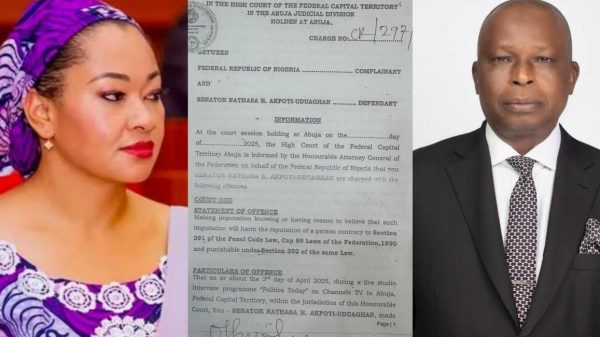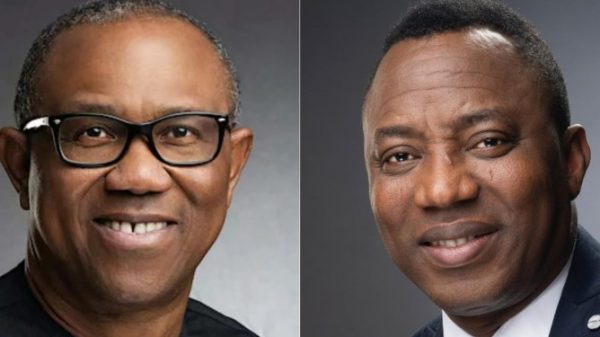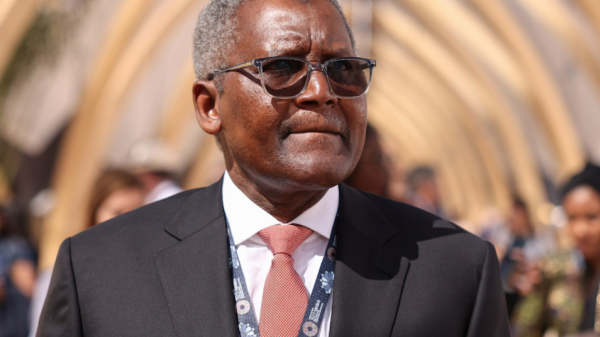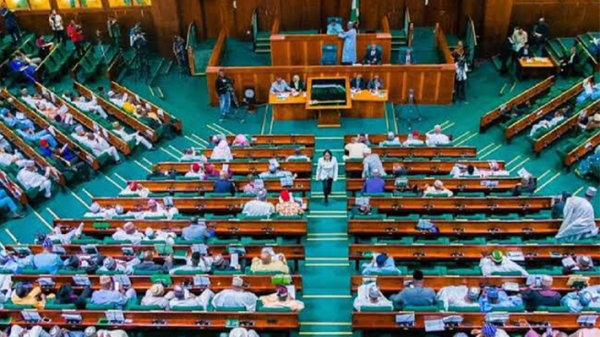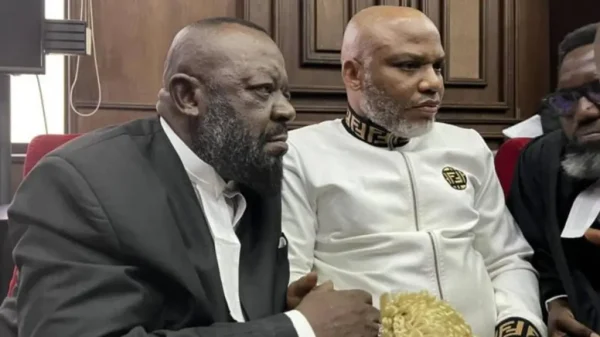By Grace Chigbu
CBN’s decisive actions buoy local currency amidst inflation concerns.
In a bid to tackle rising inflation and stabilize the economy, the Central Bank of Nigeria (CBN) implemented significant measures, including a substantial increase in its benchmark interest rate. Following a two-day Monetary Policy Committee (MPC) meeting held in Abuja, the CBN raised the monetary policy rate (MPR) to 22.75 percent from 18.75 percent. Additionally, the cash reserve ratio (CRR) was elevated to 45 percent from 32.5 percent, with an expanded asymmetric corridor.
These moves were met with immediate effects in the foreign exchange market, where the naira gained ground against the dollar. At the Bureau De Change segment, the naira strengthened to 1,420 per dollar from over 1,800/$, while in the parallel market, it closed at N1,550 compared to N1,900 on Friday.
Analysts weighed in on the CBN’s actions, with Bismarck Rewane, managing director/CEO of Financial Derivatives Company Limited, praising the aggressive tightening measures, anticipating a strengthened currency and market stabilization. However, concerns were raised about potential challenges for banks, particularly regarding lending rates and liquidity management.
Former CBN official, Abiola Rasaq, acknowledged the inflation-targeting approach but cautioned about the impact on banks’ profitability and loan default risks. Razia Khan, managing director and chief economist for Africa and the Middle East at Standard Chartered Bank, emphasized the need for a stable FX market before formal inflation targeting.
Former deputy governor of the CBN, Kingsley Moghalu, supported the MPC’s decision, emphasizing its necessity to combat inflation effectively. However, Muda Yusuf, CEO of the Centre for the Promotion of Private Enterprise, expressed concerns about the adverse effects on the real sector, highlighting potential constraints on bank lending and economic growth.
The CBN’s proactive measures reflect its commitment to addressing economic challenges, but the long-term implications remain subject to market dynamics and policy effectiveness. As stakeholders monitor the unfolding developments, attention will be on how these measures shape Nigeria’s economic trajectory in the coming months.


